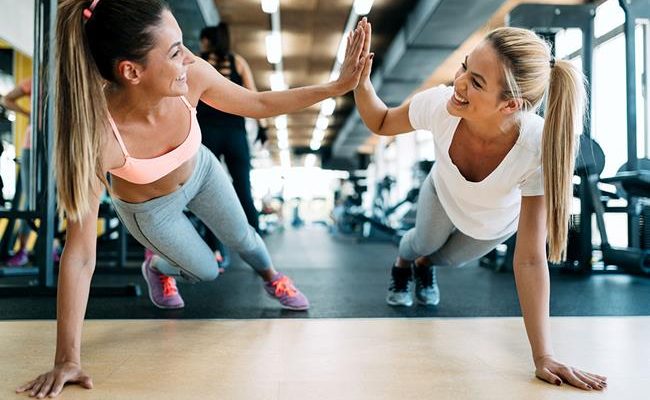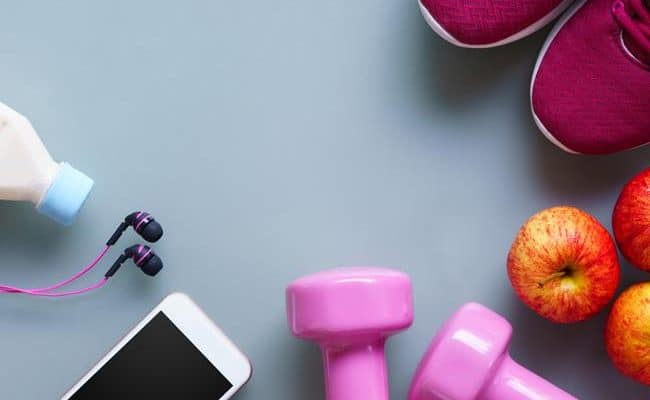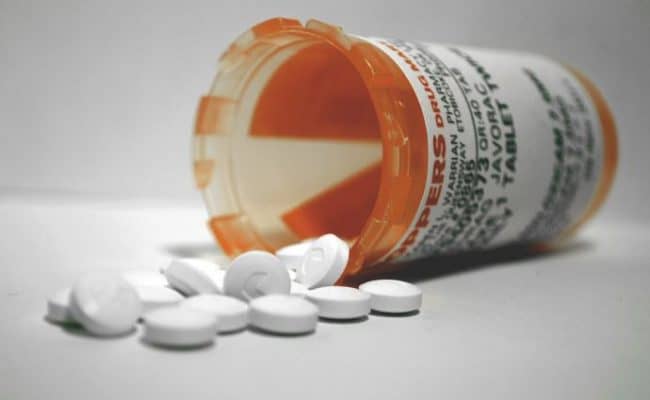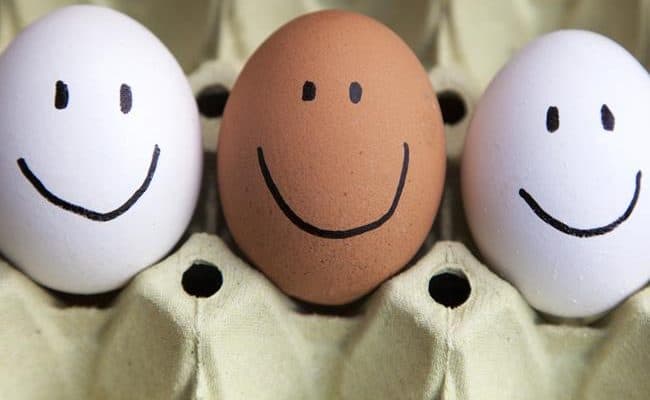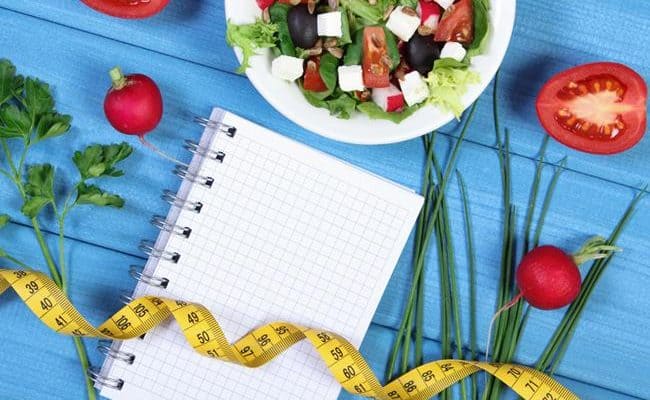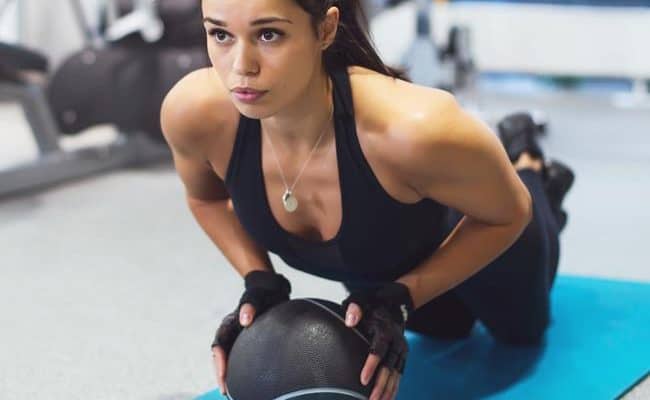
It’s a good idea to eat all meals while trying to lose weight. Skipping meals all together can actually make controlling calorie intake the rest of the day a lot harder. By skipping lunch, you are more likely to eat more during the afternoon or at dinner.
What you eat during lunch can greatly influence your weight loss efforts, hunger levels and energy levels throughout the day.
Here are some tips to keep in mind for healthy lunch planning that will still keep you on track for losing weight.
See also: How many meals a day to lose weight
Make it high nutrient dense and low energy dense
Calories you put in your mouth should also give you nutrients your body needs like fiber, antioxidants, phytochemicals, vitamins and minerals. Foods are given a nutrient density rating based on how many nutrients they provide from the calorie amount.
For example, a cup of low fat milk may have similar calories compared to a cup of soda. However, for the calories the milk is providing you also get calcium, vitamin D, potassium, B vitamins and protein. Soda provides just calories, not much else. Therefore, in this example milk has a higher nutrient density compared to soda.
Foods high in nutrient density include lean protein, low fat dairy, fruits, vegetables, legumes and nuts. For the calories they provide, they are also high in other nutrients. Examples of foods low in nutrient density include packaged, processed food, sweets, frozen dinners.
Interestingly, foods high in nutrient density are usually low in energy density. Energy density looks at the calories provided from an amount of food. For example, 50 grams of broccoli compared to 50 gm of cookies is going to provide different energy (calories).
Filling up on low energy dense foods means you can eat a larger portion of food before feeling full. For example, the calorie amount in ½ a cheeseburger, ½ a medium fry and small milkshake can equal a large bowl of chicken vegetable soup, veggie stir fry with brown rice and a cup of fruit. The second meal contains a higher volume, larger amount of food, and can therefore make you feel full longer.
Eat more!
Eating a larger volume of food with low energy dense foods can help decrease food intake later in the day. The key is to eat foods high in fiber and protein to leave you feeling satisfied the longest.
People often feel like they have to eat a salad for lunch when trying to lose weight. While salads are definitely healthy, they don’t always leave you full. If you are eating salads for lunch, make sure it has a variety of colors, textures and some protein sources so it keeps you satisfied.
Low calorie entrees may be designed for weight loss programs but can often leave you still feeling hungry and not satisfied. Humans tend to eat the same volume of food per day (not necessarily calories), so by switching out the energy density of that volume we probably won’t feel deprived.
Instead of focusing on eating less food, find where you can switch out high energy dense foods for low energy dense foods and eat MORE of them. Here are some examples.
- Instead of eating crackers, cookies or packaged sweets for a snack, snack on a handful of nuts, apples with some cottage cheese or carrots with hummus. These substitutions are higher in nutrients and generally lower in energy density (besides nuts, but they are actually helpful for weight loss).
- Instead of having chips as a side for lunch, make your own kale chips or double up on fresh fruits/veggies as a side.
- If packing a sandwich, add extra veggies in it. This will add up the volume without adding a lot of calories.
- Make a big pot of vegetable bean soup on a weekend. Eat as a snack or part of your lunch during the week. Brothy soups are low in calories, but large in volume.
Watch your fluids
Stick to unsweetened fluids when losing weight, and don’t have caloric drinks with lunch. Humans tend to be bad at “sensing” calories from drinks, and it can be an easy source of empty calories.
Bring a water bottle with you to work, and trying to drink enough water throughout the day so that your urine is clear to pale yellow. Being well hydrated can be beneficial for weight loss, and sometimes you may just need water when your mind is telling you need to eat something.
Conclusion
In order to lose weight, you don’t need to skip lunch or feel like your starving yourself during the day. In fact, it can be helpful for weight loss to fill up with low energy dense foods. Eating a high volume of low energy dense foods, like fruits, vegetables, lean proteins and whole grains can keep you satisfied long after lunch. This could help to lowering food intake for the rest of the day.
Drink water with meals, and make sure you’re staying hydrated all day long. This can help you during the weight loss process, and could even take away the midafternoon craving for a snack, as sometimes we may feel like eating because we are dehydrated.

